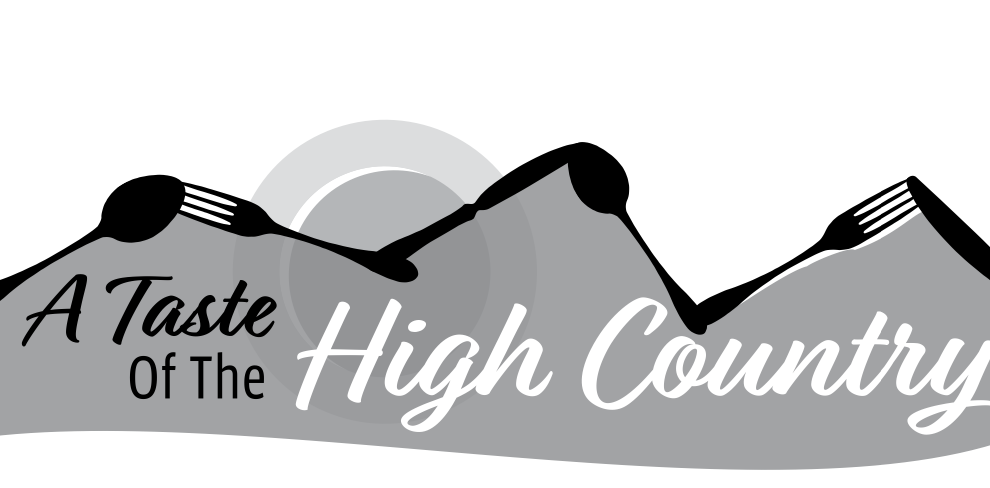How The Pandemic Helped Us Rediscover Home Cooking
“Eating out” was not an option in my youth. My family could not afford it. Hot dogs, Jello and Twinkies were the only glimpses of the glamourous cuisine of big-city lifestyles – at least what I imagined they offered. In contrast, I thought we had an “unsophisticated” cuisine; wholesome home cooking. We lived on a traditional farm, living off the land. We butchered our own animals, drank raw milk, and ate our chicken’s fresh eggs. We also cared for a garden the size of a hockey rink and as children, we were often sent off in the woods to pick wild berries. Much of my mother’s life, and ours, as daughters, were spent preparing, preserving and cooking food. We lived according to the seasons feeding a family of eleven. I could not wait to get on with my life, away from the farm’s chores and finally enjoy the bliss of urban living.
Fast forward some 45 years later, and after a stint of urban living, I feel privileged to be living in the countryside again, this time on my own terms.
The impact COVID19 has had on our food and eating habits is nothing short of extraordinary and, in many ways, it brought us back to simpler times. Who could have imagined, let alone predicted, that we would be cut off from our favourite restaurants, bakeries, and delis? Forced overnight into isolation, quarantine or at best, social distancing, we had to adapt. And just like that, a modern home cooking renaissance has begun, and along with it, a new generation of foodies focused on pragmatic, health-conscious food preparation using mostly quality local products.
Social media abounds with videos of quarantined professional bakers teaching us how to make the perfect loaf of bread. I even enjoyed a video series of 98-year-old Clara Cannucciari sharing her Great Depression cooking secrets, including three-ingredient recipes for a delicious scone and a nutritious dandelion salad that cost nothing but time.
The bigger challenge, as it turned out, has been grocery shopping. At first, we ran out of preserves and frozen food (and toilet paper). Then, we ran out of yeast, flour and other baking ingredients. Once yeast sold out, sourdough became a thing. While am writing this article, our industrial meat processing plants are closed due to flare-up of COVID-19 infections, and much of the public conversation revolves around the merits of small meat producers. We are realizing that local, small farmers of plant and meat-based products are safer, and higher in quality. Although the products may be more expensive, they have undeniable health benefits. The pandemic is challenging for the large scale farmers in our food industry. However, it is a boom for others. Buying local gives us a chance to connect with the farmers and or their staff who love to share their passion for what they do.

Back home, my younger daughter has perfected the art of making bagels from scratch and is currently toying with flavours and flours, indulging her creativity. Meanwhile, my older daughter has become the fresh pasta specialist in the house, and I am getting decent results with my sourdough bread. My husband? He eats well – and does the dishes.
Bonne appétit!
Where To Find Local Food Products
Large grocery stores carry some local products (Calgary Co-op, in particular).
Organic grocery stores such as Community Health Food and Blush Lane are also good sources of local products along with the farmers’ markets. Those are some of the obvious sources of local food.
Feeling a bit more adventurous? Several local producers sell directly to customers. While some are easy to find, others require a bit of research. Ranchers raise their own animals and process their meat. They tend to sell in packs or boxes ready for your freezer. You have to order and often wait a few days. You may have to drive to pick up the food, though some may deliver. I find half the pleasure is in ordering and picking up the food. Each producer is different, and going on their website to figure out their approach is well worth it. Teaming up with neighbours or friends help you buy larger quantities at a discount.
Lastly, we have Facebook market places where small food producers and businesses find a convenient way to promote their products. But, of course, it is buyer beware.
To get you started on your search visit:
The County of Rockyview website provides an impressive list of local meat (Beef, Elk, Bison, etc.), fruit and vegetable producers and growers complete with links to their websites.
Alberta Farm Fresh Producers Association lists farms open to visitors, many of which sell their products direct to you.
A few organic flour mills will sell directly to you or will list stores where their products are available. They also sell beans, lentils and cooking oil.
Grain Works (located in Vulcan)
Highwood Crossing (located in High River)























